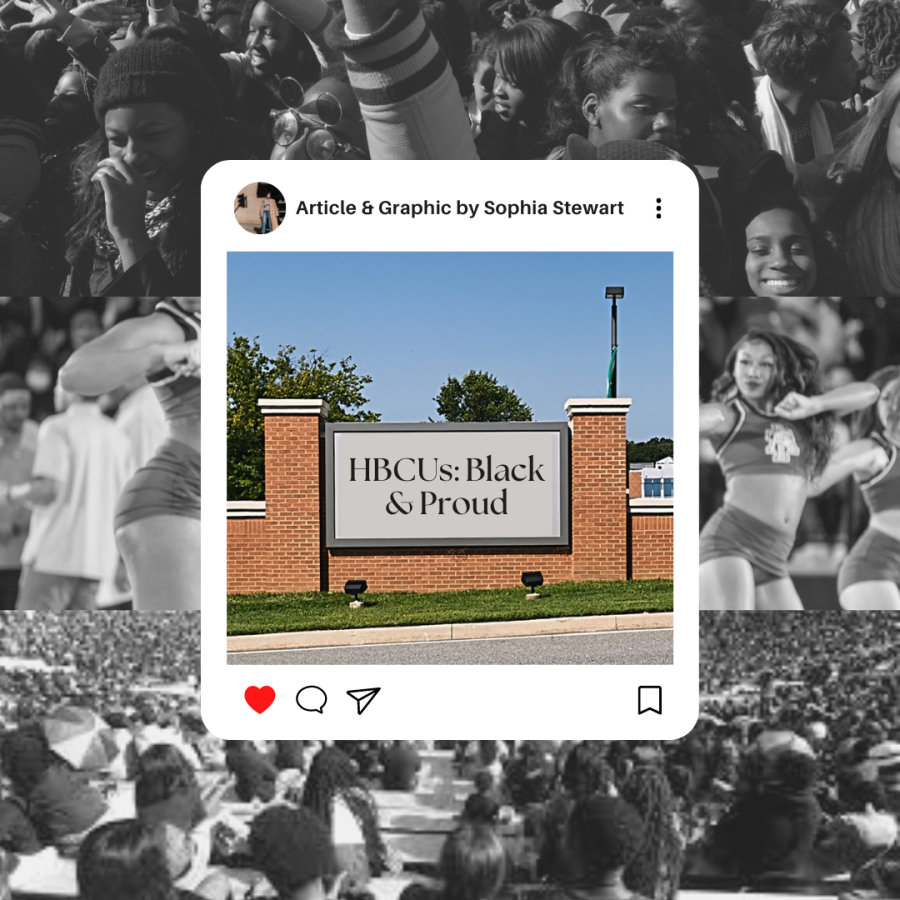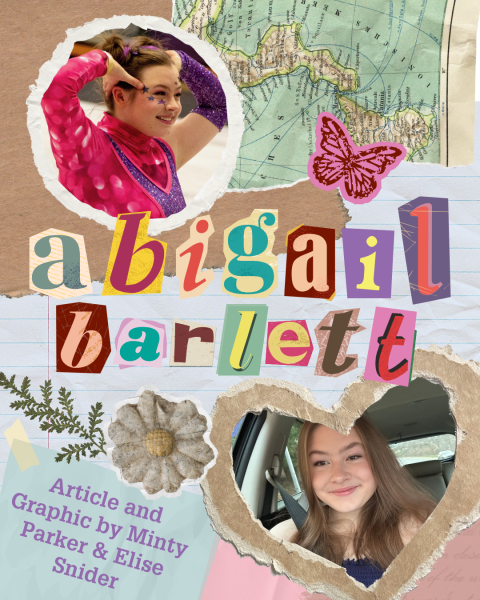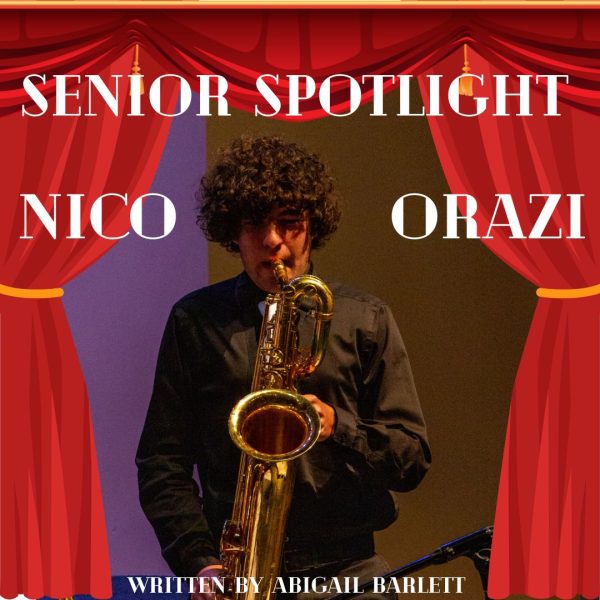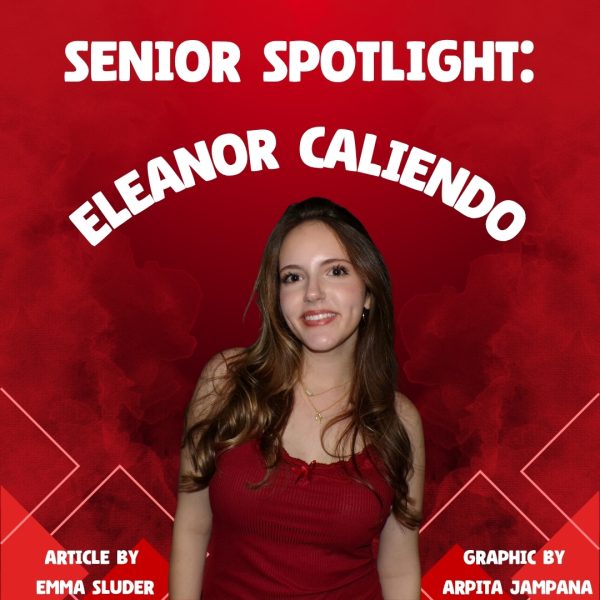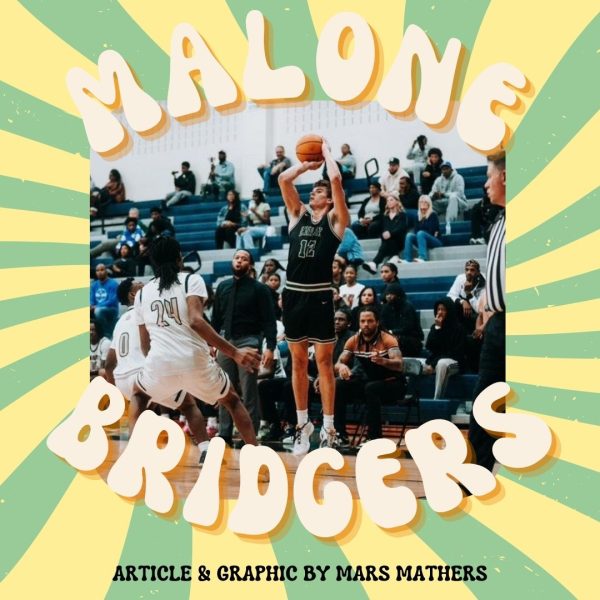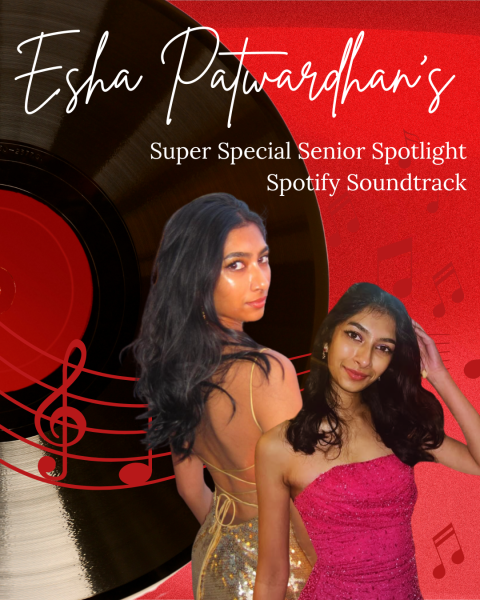HBCUs: Black & Proud
Many people have grown familiar with the term “HBCU”, but there’s so much more depth, value, legacy, and culture going unrecognized.
THE HISTORY
The term “HBCU” refers to historically Black colleges and universities created before 1964, the year that The Civil Rights Act was passed. The majority were established between 1865 and 1900, often prior to the Civil Rights movement. Although progress was made during the movement, many African Americans still weren’t allowed in white institutions, especially schools. In 1890, the second Morrill Act was passed to ensure the creation and funding of higher education for Black Americans. Although HBCUs existed in 1865, the term wasn’t coined until 100 years later when the Higher Education Act was passed. Since their creation, HBCUs have served as centers of Black expression and culture.
THE IMPORTANCE & VALUE
The term “Historically Black Colleges and Universities” may cause many to think that it is predominantly Black and lacks diversity, or even that they’re exclusive to Black people. Although they are predominantly Black, they aren’t exclusive. The point of HBCUs are to be culturally safe spaces for Black people. They are also made to offer opportunities to many who have disadvantaged backgrounds, all races and ethnicities included. These institutions are creating an impact with a much farther reach because of catering to people who haven’t had as much privilege when it comes to education.
THE CULTURE
Culture is a significant part of why people choose to attend HBCUs. Within Homecoming week alone, there are hundreds of ways that it’s shown: step shows and competitions, campus kings and queens, band performances, tailgating like no other. And of course, there’s the hype for the game itself (although many would argue that HBCU bands attract the greatest droves of spectators to the stands).
Furthermore, a big part of HBCU culture is connecting to people you are less likely to meet at other institutions.
“I found a lot of Caribbean people that I relate to and I’ve found my culture,” said Enloe alum, Andreya Christopher. She’s currently in her second year at Howard, an HBCU in Washington D.C. An HBCU’s biggest selling point is its people and those people create the culture, our culture as people of color.
There are eleven HBCUs in North Carolina (linked below). Whether you’re looking to apply or taking a visit to a campus, they are all worth looking into. There is value and importance in places that give people safe spaces when others wouldn’t, a role that HBCUs have historically served and will continue to serve.
Because at the end of the day, “we’re a part of history.” – Andreya Christopher.
Barber-Scotia College (Concord)
Elizabeth City State University (Elizabeth City)
Fayetteville State University (Fayetteville)
Johnson C Smith University (Charlotte)
Livingstone College (Salisbury)
North Carolina A&T State University (Greensboro)
North Carolina Central University (Durham)
Saint Augustine’s University (Raleigh)
Winston-Salem State University (Winston-Salem)
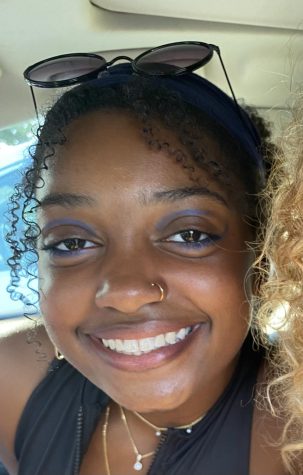
(she/her)
Sophia is a senior looking forward to being the Opinion editor for Eagle’s Eye. She spends a lot of her time dancing and reading. When she...


